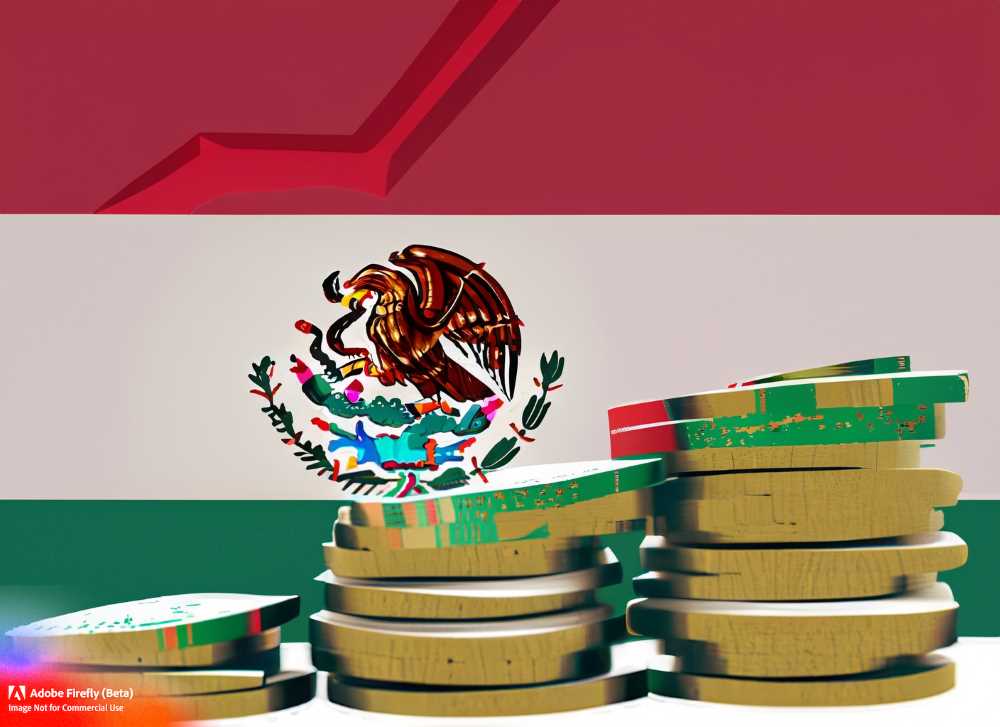Mexico Breaks Remittance Records with an Influx of Cash
Mexico's remittances hit a record high of $5.7 billion in May, boosting the economy. The manufacturing sector shows growth, while business confidence moderates. Nearshoring investments reach $42 billion. ExxonMobil dominates the private fuel market. CFMoto starts production in Nuevo León and more.

Mexico continues to reap the benefits of remittances from abroad, as the country received a staggering $5.7 billion in May alone, setting a new record. This figure represents a remarkable 10.72 percent increase compared to the same period last year, marking 37 consecutive months of annual growth. These findings, based on data from the Bank of Mexico (Banxico), highlight the robust performance of remittances, driven by higher transaction volumes and larger remittance sizes.
In May, Mexico recorded 14.55 million remittance transactions, reflecting a 7.36 percent increase year-on-year. Moreover, the average value of money transfers rose to $391, a 3.17 percent uptick from the previous year. In the period from January to May, Mexico received a historic total of $24.7 billion in remittances, surpassing the figures from the same period in 2022 by 10.26 percent. With seasonally adjusted data, remittances increased by 0.19 percent every month, reaching an impressive $25.9 billion in the accumulated January-May period, representing a 10.13 percent growth compared to the previous year.
Notably, the number of remittance transactions during the first five months of 2023 reached an unprecedented 64.19 million, reflecting a significant 9.58 percent annual growth. These statistics underline the significance of remittances for the Mexican economy, with 95.99 percent of the funds originating from the United States.




